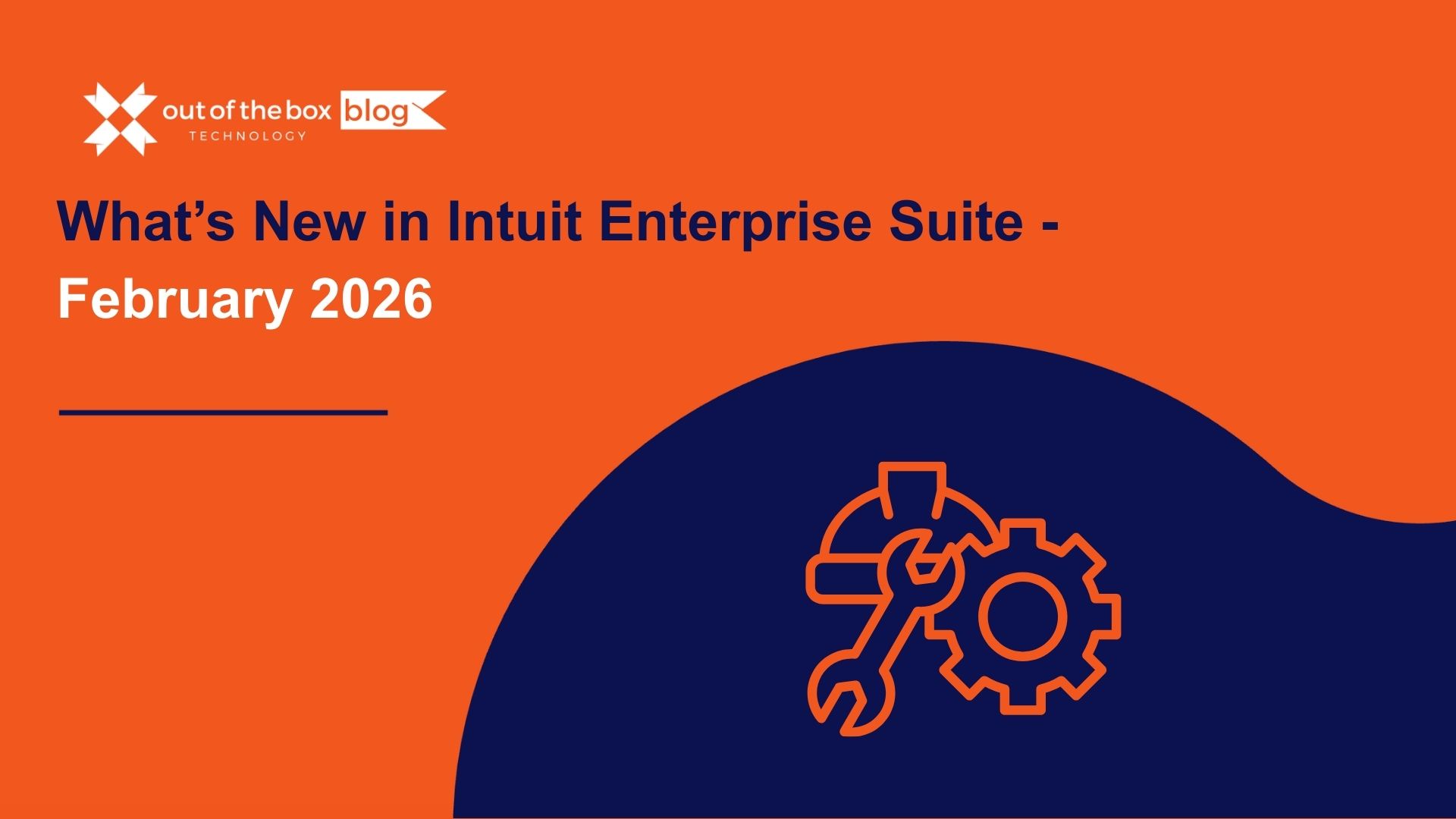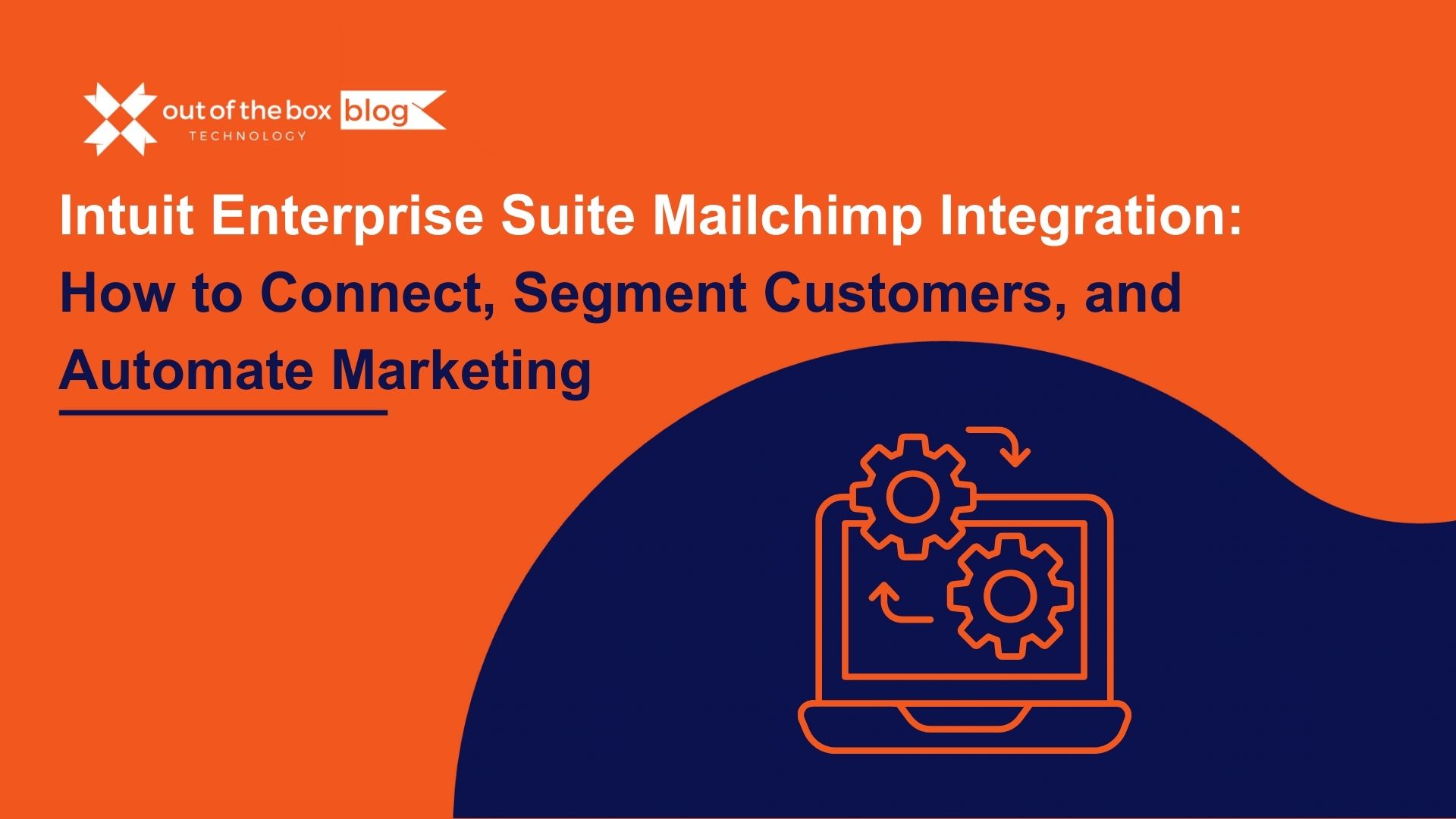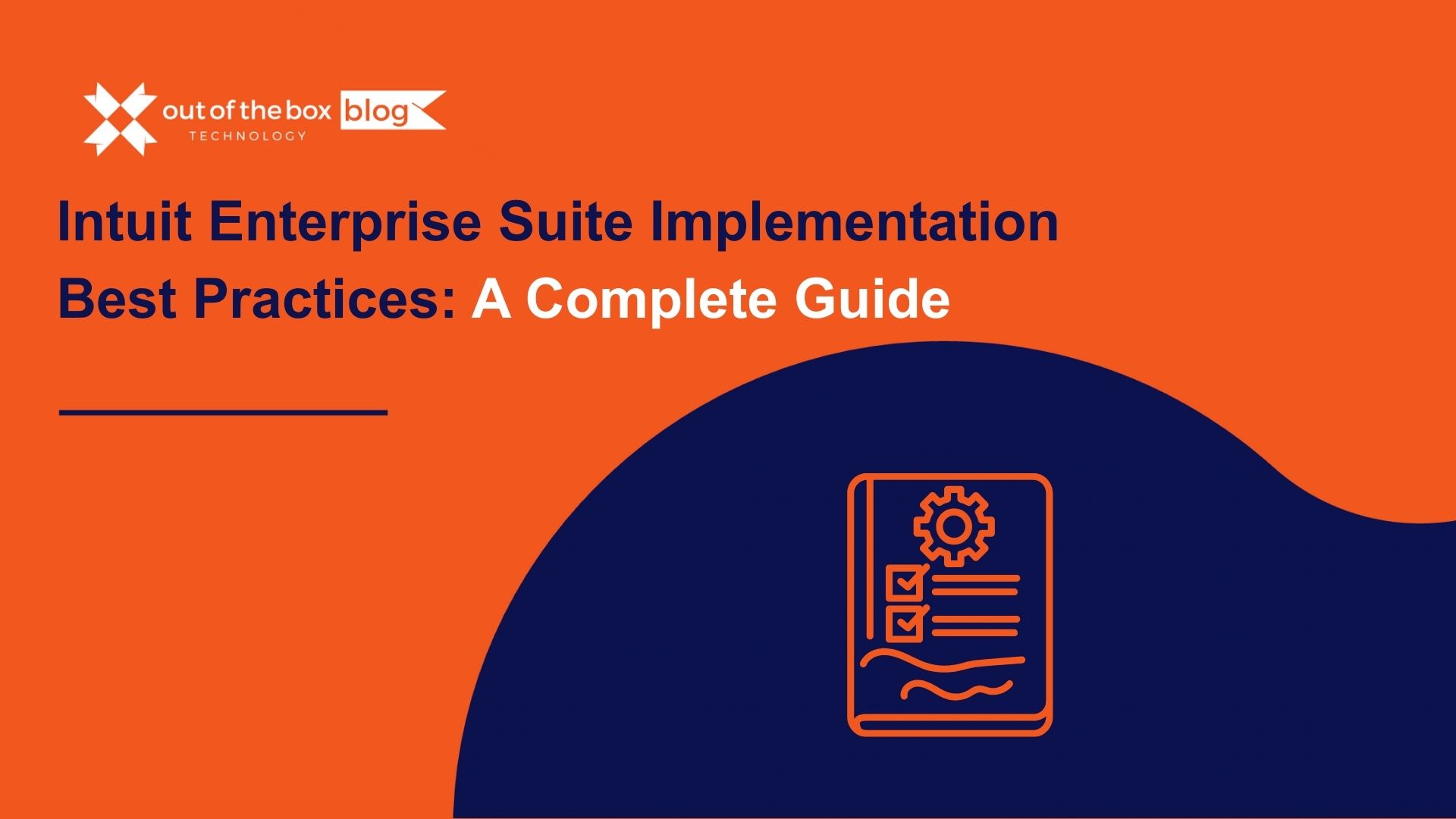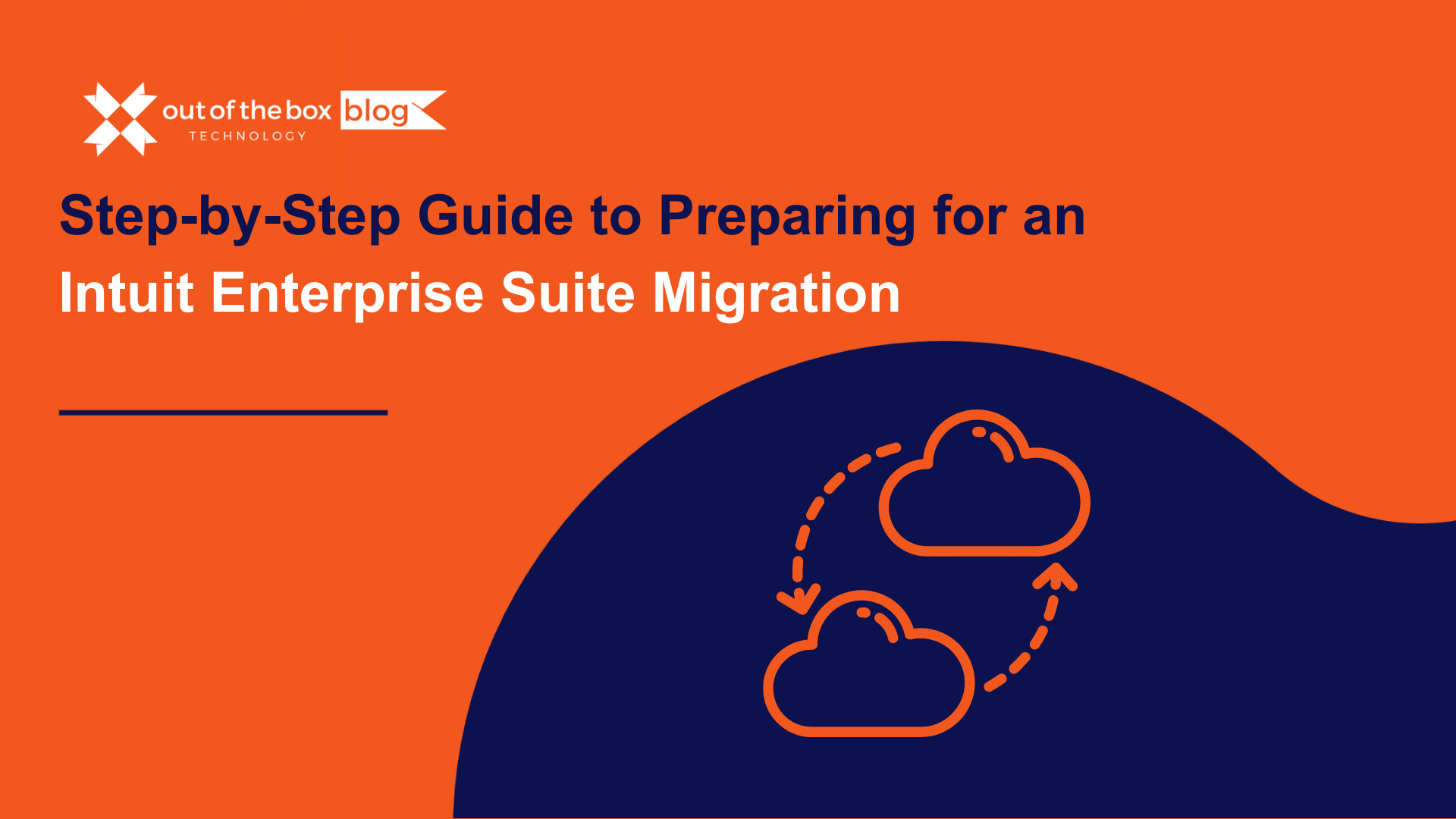In today’s fast-paced business environment, the shift from manual to online bookkeeping is essential for businesses looking to stay competitive, reduce errors, and increase efficiency. The traditional method of manually recording financial transactions in ledgers or spreadsheets is time-consuming and prone to errors, whereas online bookkeeping platforms offer automation, accuracy, and real-time data that helps businesses make more informed decisions.
This guide will walk you through the key steps and benefits of transitioning from manual to online bookkeeping, using best practices for a smooth transition.
Why Transition to Online Bookkeeping?
Online bookkeeping systems offer several advantages that can save time, reduce costs, and improve the overall financial health of your business. In fact, businesses that have moved to cloud-based accounting platforms have seen a 15% reduction in the time spent on bookkeeping tasks and a 30% decrease in overall operational costs, according to a 2023 survey by Accounting Today.
Some of the key benefits include:
- Automation: Automating routine tasks like invoicing and bank reconciliations reduces manual errors.
- Real-time financial data: Cloud-based platforms provide up-to-date financial information, allowing you to monitor cash flow and profitability more efficiently.
- Cost savings: With less time spent on manual entries, businesses can reallocate resources to growth and strategy.
Step-by-Step Guide to Transition from Manual to Online Bookkeeping
1. Evaluate Your Current Bookkeeping System
Before transitioning, take a detailed inventory of your current bookkeeping practices. Identify what manual tasks are consuming the most time and which processes have the highest error rates. This can include:
- Data entry from paper receipts
- Managing invoices manually
- Reconciling bank statements by hand
Understanding where your current system falls short will give you clarity on the specific online bookkeeping tools and features you need.
2. Choose the Right Online Bookkeeping Software
Selecting the right online bookkeeping platform is critical for a successful transition. Many cloud-based accounting tools offer features tailored to different types of businesses, so it’s important to choose one that fits your company’s size and complexity. Here are some popular platforms:
- QuickBooks Online: Known for its user-friendly interface and scalability, QuickBooks Online is a top choice for small to mid-sized businesses. Its features include automated bank reconciliations, real-time financial reporting, and easy integration with other apps.
- Xero: This platform offers robust financial reporting and is highly rated for businesses with global operations, thanks to its multi-currency functionality.
- FreshBooks: A good option for service-based businesses, FreshBooks focuses on invoicing and client management.
When evaluating software, consider aspects like cost, ease of use, and the specific needs of your business. According to a report by Software Advice, 40% of small business owners ranked ease of use as the most important factor when choosing accounting software.
3. Prepare Your Financial Data for Migration
Once you’ve chosen a software platform, you’ll need to prepare your financial data for migration. This is a critical step to ensure that your records are accurate and that no information is lost during the transition.
- Clean Up Existing Records: Review your manual records and ensure they are up-to-date. Clear any discrepancies in accounts, missing transactions, or unpaid invoices.
- Organize Documents: Categorize your documents by type—receipts, invoices, bank statements, etc.—to streamline data entry into the online system.
- Back-Up Data: Before transitioning, create a backup of all your manual records. This gives you peace of mind in case any issues arise during the migration process.
4. Train Your Team on the New System
Online bookkeeping systems may be intuitive, but training is essential to ensure your team understands how to use the software effectively. A smooth transition requires everyone involved in financial management to be familiar with the new tools. Some platforms offer training modules and customer support during the onboarding process.
- Training Resources: Platforms like QuickBooks and Xero offer webinars, tutorials, and live customer support to help businesses transition.
- Establish Roles: Ensure that each team member knows their responsibilities. For example, one person might handle expense reporting, while another is responsible for managing invoices and reconciling bank accounts.
5. Migrate Your Data
Migrating your financial data from manual records to your online bookkeeping platform is a detailed process that requires care and attention to avoid errors. Most cloud-based platforms have built-in data migration tools or partner with services that can assist with this step.
- Manual Entry vs. Automated Import: Depending on the size of your business, you may be able to import data directly from your spreadsheets or accounting software into your new system. Alternatively, some businesses may need to manually enter their opening balances, outstanding invoices, and other financial data.
According to a study by the International Data Corporation (IDC), 70% of businesses experience a smoother transition when working with a certified advisor or consultant who specializes in the chosen software.
6. Automate Key Financial Processes
One of the main advantages of online bookkeeping is the ability to automate repetitive tasks. By setting up automation features, you can significantly reduce time spent on manual entry and focus more on strategic business decisions.
- Bank Reconciliation: Automate daily bank feeds and reconciliations to keep your books up to date.
- Recurring Invoices: Set up automatic invoices for regular clients to ensure timely payments.
- Expense Tracking: Link credit card accounts and automate expense categorization for better cash flow management.
Businesses that automate 50% or more of their financial processes report a 25% increase in productivity, according to a study by Sage Accounting.
7. Monitor and Adjust
After your transition to online bookkeeping is complete, it’s important to monitor the system’s performance and make adjustments as needed. Regularly review your financial data to ensure that all transactions are being accurately captured and reported.
- Customizable Reports: Most online bookkeeping platforms offer customizable financial reports, allowing you to gain insights into your business’s financial health. You can track key metrics such as cash flow, profitability, and outstanding liabilities.
- Review with a Bookkeeper or CPA: Even with an online system, consulting a certified bookkeeper or accountant can help ensure that your books are accurate and that you’re getting the most out of your new software.
Real-Life Example: Transitioning from Manual to Online Bookkeeping
A retail business in California with multiple locations was struggling with time-consuming manual bookkeeping processes. The owner decided to transition to QuickBooks Online, which integrated with the business’s existing POS system. After migrating their data, automating their invoice processing, and linking their bank accounts, the business saw a 40% reduction in the time spent on bookkeeping tasks and improved accuracy in their financial reporting.
This transition also helped the owner identify areas where the business could save money, such as reducing inventory overhead by tracking sales data in real time.
Conclusion: Embrace the Benefits of Online Bookkeeping
Transitioning from manual to online bookkeeping can seem daunting, but the benefits far outweigh the initial effort. Businesses that move to online bookkeeping platforms enjoy greater efficiency, cost savings, and real-time financial insights that drive better decision-making. By following the steps outlined in this guide, your business can make the switch smoothly and start reaping the rewards of modern financial management.
The future of bookkeeping is online—embrace it and position your business for growth in 2024 and beyond.
Meet with a QuickBooks service expert today!
Schedule a complimentary QuickBooks service consultation to find out the recurring accounting services to help your business run at its best.




